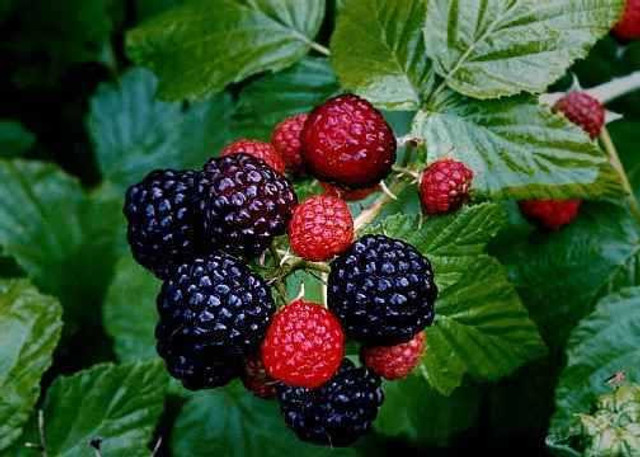We’re fast approaching the day where we will have to choose between A.I. and A.C
Tag: capitalism
This ain’t Storage Wars
While that show and this article both represent a business plan that allows someone to take advantage of other people’s misfortune, at least when storage lockers are auctioned off, we can fool ourselves that the storage company is trying to recoup their losses.
Not sure how many suitcases are lost due to passenger error, but this many don’t seem to hurt the airlines (since they got payment in most cases for not delivering) and their insurance doled out the cash to the passenger. But the things we pack are more than just material belongings, there are sentimental and important objects that, for whatever reason, need to get from one place to another.
I feel like this company could be funneling a lot of this stuff for charitable causes and the article takes a pretty flippant view on people losing their belongings forever.
>>> U.S. airlines lose 2 million suitcases a year. Where do they all go?
Death Star Contractor Sim
“Which, a) sort of casually disregards the entire existence of things like “tone” as they apply to the storytelling intent of a piece of media and, b) Lucasfilms has never tried to pitch people on a reality show about how cool it would be to get blown up by the Death Star.”
Giving you the raspberries

The latest episode of Last Seen a podcast by WBUR in Boston focuses on the reporter’s search for the elusive black raspberry, not in its usual ice cream form, but in the cultural wild, so to speak, the farmer’s market or grocery store. It’s an interesting look at the agricultural choices that are made by farmers, marketers, and consumers. At one point Amelia Mason meets up with a forager, who says:
Foraging is one of the last activities out there that does not involve a financial transaction of any kind…
Russ Cohen
And I 100% understand the spirit of this comment. Foraging is just you and the wild, building knowledge of what is and isn’t nibble-able.
But the sentiment renders the capitalism invisible.
- Who has access to these wild areas? (How do you get there? Drive? Bike?)
- How does one find out about areas that are accessible?
- Who owns that land? (The state of federal government? Private citizens?)
- Who preserves that land? What labor is involved?
- What kind of transactions are needed to keep the area undeveloped?
All of these questions involve financial transactions in one way or another before one black raspberry is picked. We need to stop thinking that preservation can only exist outside of capitalism, because, frankly, nothing exists outside capitalism in our current world. To put it simply, if you know about it and can access it, a financial transaction was necessary for just the knowledge to get to you.
There’s no aspersions cast here because of the one quote. I loved the episode and want to grow my own black raspberries one day, but I’ll need land for that, and the money to buy it, and the money to buy the bushes, and the ability to provide the labor to do it, and the wherewithal to continue to own the land to see those berries come to fruition.
We’ve already grafted financial transactions onto every branch and when we pretend we haven’t, we think we can see the boundaries of capitalism, but they’re further out, past the brambles, down the slope and away.
Keep looking.